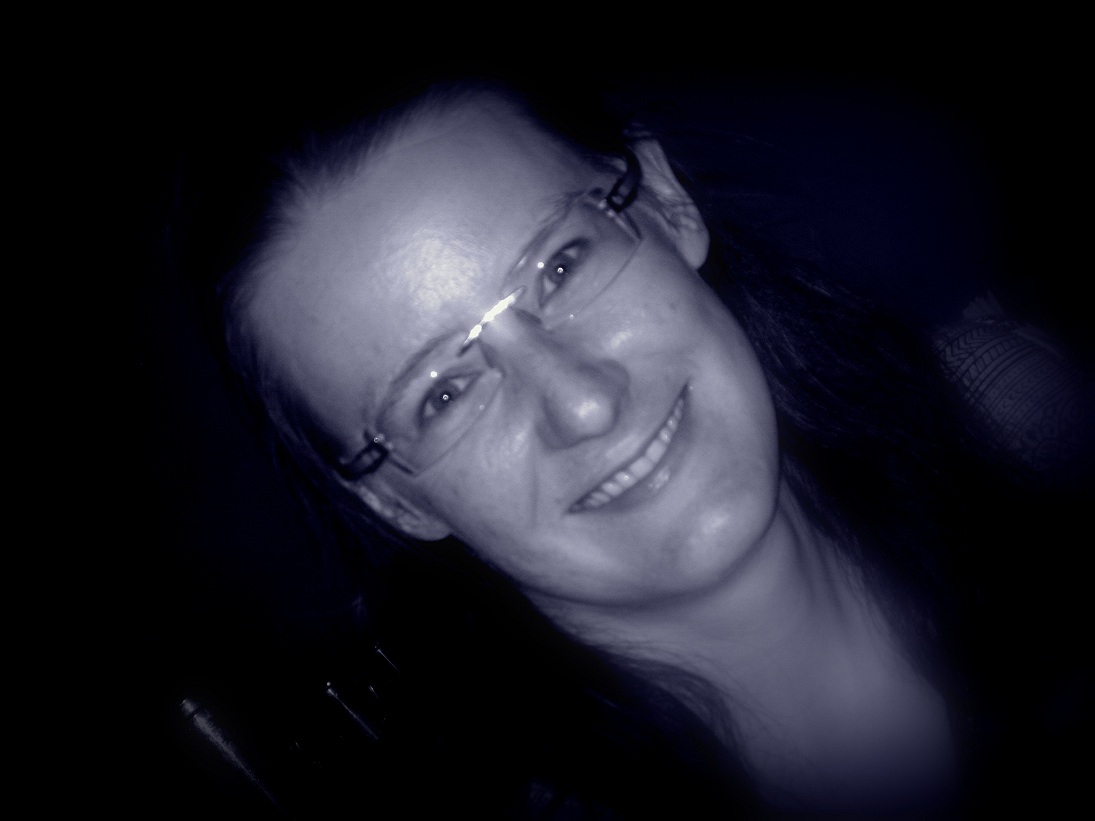From accidental project manager to project management enthusiast

Everyone, from company chair to factory worker, erupted into cheers. It was half past five on a Friday afternoon. The lorry with the diagnostic devices for a German car manufacturer rolled off the parking lot in Wiltshire. My first project was delivered! I felt a huge sense of achievement and belonging. Purely by accident, I had turned into a project manager. It wasn’t my job title, and I didn’t know it at the time, but that was what I had become, even if it hadn’t been my plan.
When I was a young girl and living in Germany, I spent every day looking after horses and wanted nothing more than to be a vet. However, after raising the idea with friends and family, I was given the advice to go after a more practical career that wouldn’t mix my professional and private life. Taking the advice to heart, I found myself working in a sales admin role with a large engineering company alongside studying for a degree in Business Administration at a University of Applied Sciences. Project management didn’t come up in any of our modules and at that point in my early career, I didn’t even know of the existence of such a profession. What I did know was that I wanted to understand more about the projects my colleagues talked about. Consequently, I decided to enrol in an engineering and Information technology degree course.
After graduation, I moved to the UK and worked on the international helpdesk of the automotive company mentioned above. After a few months I got promoted, mainly due to my foreign language skills. They had won a German customer and the customer wanted to communicate in German, which meant I had to cover everything from presales via development and delivery to after sales support. I didn’t receive any formal training, but there were a lot of kind and experienced colleagues who mentored me in the various aspects of the role. I also had a life coach who helped me to develop my skills in dealing with different and sometimes difficult people. And there are always books to read.
Over the years my project management skills improved with experience, training and coaching and I realised I was quite good at it. Nonetheless, I kept searching for my true purpose. I realised only recently that, during my career in project management, I have been able to make a difference in a number of areas that I am passionate about, such as working for an animal welfare charity, in international development and travel and now in a higher education institution.
The transferability of the skillset is another thing I really appreciate about the profession. I have seen highly specialised academic colleagues having very few career choices with only a handful of research institutions in the world working in their specific area of expertise. However, as a project management professional, you can not only choose the sector or industry you want to work in, but also the location. Project management has taken me as far as India when I needed a change of scenery and all the way back to Brighton, the only place I have ever been homesick for. As a woman, I think this flexibility is a real advantage.
Looking back, what career advice would I give my younger self?
- Accept yourself for who you are with all your strengths and weaknesses.
- Build your career on your strengths. It’s right when it comes easy to you, and it feels natural.
- Use your career to make a positive impact on the things that matter to you.
- Plan your learning and growth. Complement being coached and mentored with formal training and continuous professional development.
- Find your tribe.
- Enjoy doing what you are good at. Find the right niche in the project management profession for yourself.
Looking at this now, in my role as Assistant Director of Programme and Project Delivery at the University of Sussex, the advice is still relevant to me. Now that I have accepted project management as my vocation, I want to help my team and the wider community develop in their careers and get involved in shaping the profession for the future and that involves all of the above.


0 comments
Log in to post a comment, or create an account if you don't have one already.